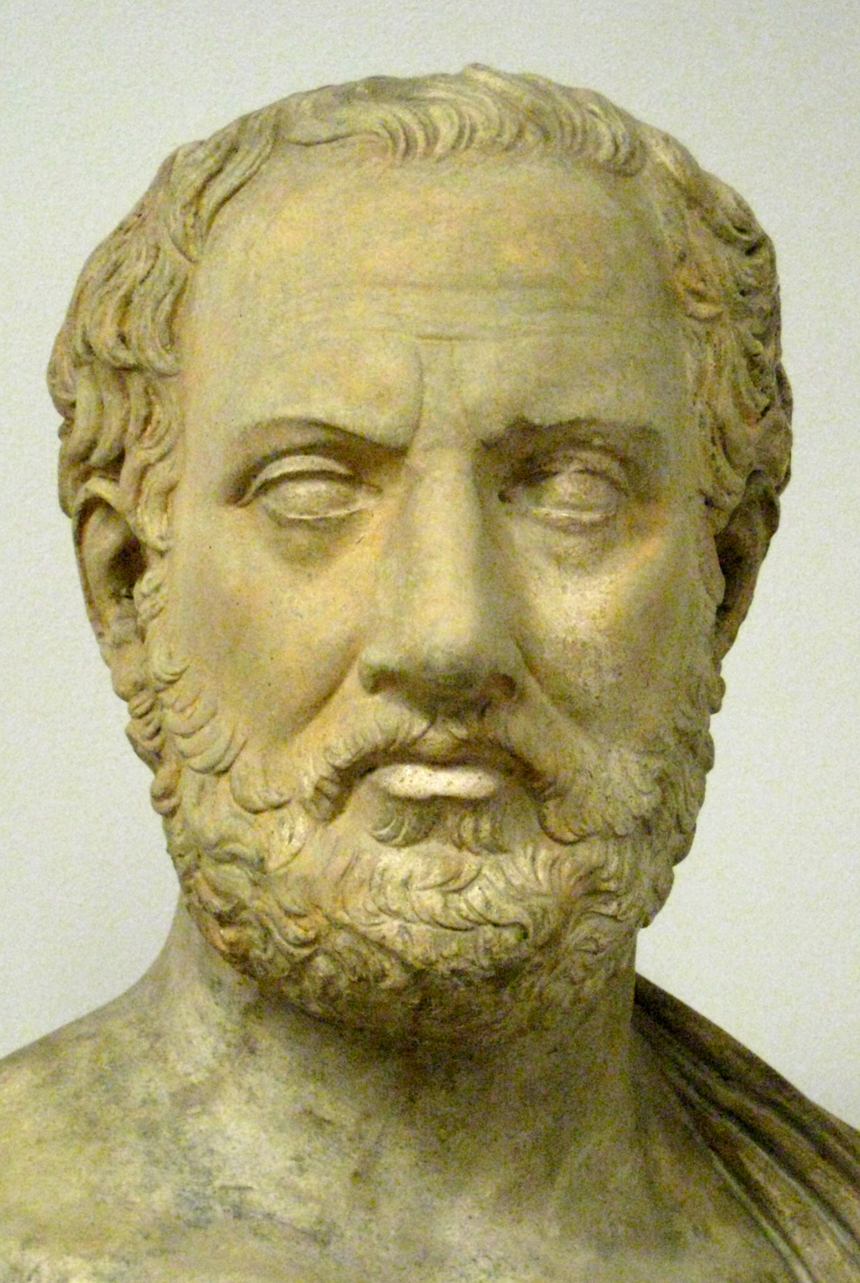
Thucydides Trap
The Thucydides Trap, or Thucydides' Trap, is a term popularized by American political scientist Graham T. Allison to describe an apparent tendency towards war when an emerging power threatens to displace an existing great power as a regional or international hegemon.[1] The term exploded in popularity in 2015 and primarily applies to analysis of China–United States relations.[2]
Supporting the thesis, Allison led a study at Harvard University's Belfer Center for Science and International Affairs which found that, among a sample of 16 historical instances of an emerging power rivaling a ruling power, 12 ended in war.[3] That study, however, has come under considerable criticism, and scholarly opinion on the value of the Thucydides Trap concept—particularly as it relates to a potential military conflict between the United States and China—remains divided.[4][5][6][7][8]
Criticism[edit]
China–United States relations[edit]
A number of scholars have criticized the application of the Thucydides trap to US–China relations. Lawrence Freedman, writing in Prism, the National Defense University's journal of complex operations, has similarly argued that "China’s main interest has always been its regional position, and if that is the case, then there are strong arguments for it to show patience, as its economic pull becomes progressively stronger."[23] Hu Bo, a professor at Peking University's Institute of Ocean Research and one of China's foremost naval strategists, has also said that he does not believe the current balance of power between the United States and China supports the Thucydides hypothesis.[18]
Scholars and journalists like Arthur Waldron and Ian Buruma have contended that China is still far too weak for such a conflict, pointing to China's "economic vulnerabilities", its aging population, an exodus of Chinese people out of China, domestic ecological problems, an inferior military relative to the United States, a weaker system of alliances than the United States, and a censorship regime that limits innovation.[24][25] Foreign policy scholars Hal Brands and Michael Beckley have similarly argued that the Thucydides Trap "fundamentally misdiagnoses where China now finds itself on its arc of development", contending that it is China—and not the United States—that faces impending stagnation.[17] Relatedly, Harvard University political scientist Joseph S. Nye has argued that the primary concern is not the rise of China leading to a Thucydides trap, but rather domestic issues leading to a weakening of China in what he calls a "Kindleberger Trap".[21][26]
Others have derided the Thucydides Trap as a quaint piece of ancient history that is not particularly applicable to modern times. James Palmer, a deputy editor at Foreign Policy, in his article "Oh God, Not the Peloponnesian War Again", wrote of the Thucydides Trap that "conflicts between city-states in a backwater Eurasian promontory 2,400 years ago are an unreliable guide to modern geopolitics—and they neglect a vast span of world history that may be far more relevant".[27] He further derisively noted that Thucydides should not "hold the same grip on international relations scholars that Harry Potter does on millennial readers". Lawrence Freedman has similarly argued that "[t]he case studies deployed by Allison", which "come from times when issues of war and power were viewed differently than they are today", tell us "very little of value", concluding that "the Thucydides Trap is an unhelpful construct".[23]
Scholar David Daokai Li writes that the Thucydides Trap theory is flawed as applied to U.S.-China relations, because the model is based on Western and Ancient Greek analogies.[28] In Li's view, examples such as Germany in the 1910s are considerably different from contemporary China.[28]
Finally, some have noted that Chinese state propaganda outlets have latched onto the narrative of the Thucydides Trap in order to promote a set of power relations that favors China.[29][30]